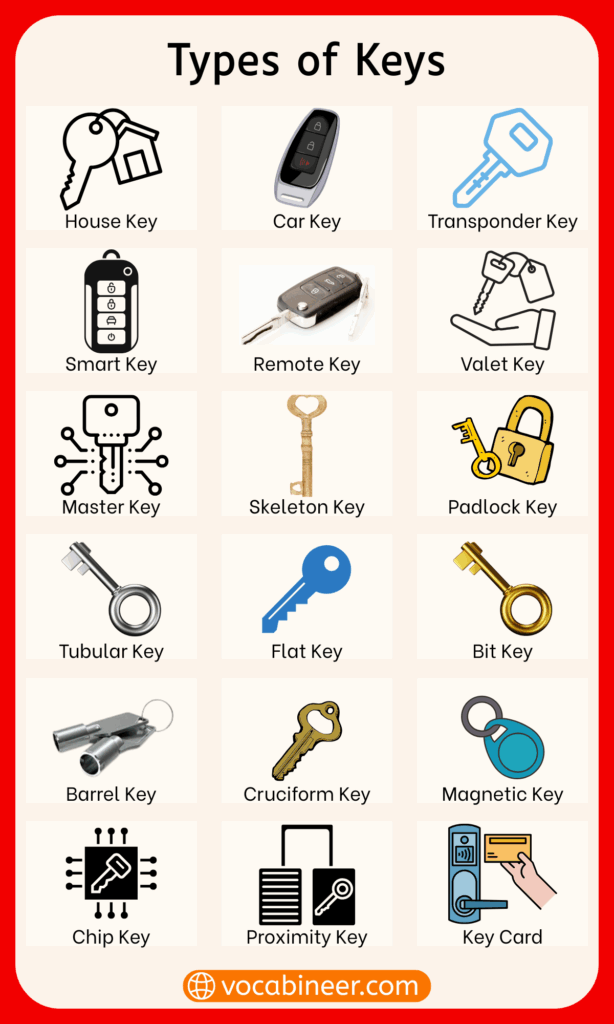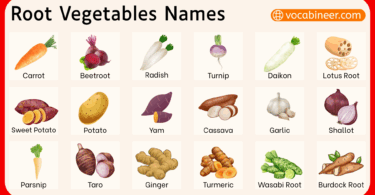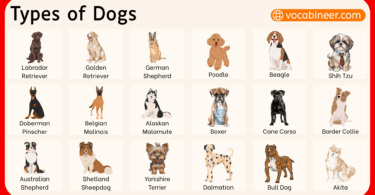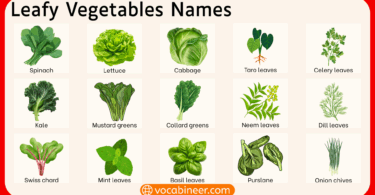Keys are tools designed to match specific locks, ranging from simple styles to advanced mechanisms used for doors, vehicles, and storage. Each type has a unique role, including skeleton keys for antique locks, car keys with security chips, or smaller forms for cabinets and furniture. In this post, you will learn different types of keys with names and pictures, making it easier to talk about household objects, security items, and daily use.
In This Page
Complete List of Keys with Their Names
Keys come in many types, each designed for a specific lock or security system. Below is a complete list of common and special keys with their names:
- House Key
- Car Key
- Padlock Key
- Master Key
- Skeleton Key
- Double-Sided Key
- Tubular Key
- Transponder Key
- Smart Key
- Magnetic Key
- Dimple Key
- Furniture Key
- Safe Key
- High-Security Key
- Restricted Key
- Laser-Cut Key
- Barrel Key
- Flat Key
- Paracentric Key
- Antique Key
Traditional Keys in Everyday Use
These are the keys most people use daily, often for securing homes, lockers, or small locks.
- House Keys – Standard flat keys used in door locks.
- Padlock Keys – Small and simple keys that open padlocks.
- Mailbox Keys – Compact keys for postboxes and letterboxes.
- Locker Keys – Used in schools, gyms, or workplaces for lockers.
- Yale Keys – Serrated edge keys used for common door cylinders.
Specialized Keys for Security Systems
Specialized keys are designed for higher security or specific mechanisms.
- Master Keys – One key that can open multiple locks within a system.
- Skeleton Keys – Old-fashioned keys with a simple design, often for antique locks.
- Double-Sided Keys – Keys with teeth on both sides for extra security.
- Tubular Keys – Round, barrel-shaped keys often used for vending machines and ATMs.
- Abloy Keys – Disc-detainer keys known for very high security.
- Zeiss Keys – Special wafer lock keys used in advanced security systems.

Modern Keys with Advanced Technology
Modern technology has transformed keys from simple tools to electronic devices.
- Car Keys – Standard vehicle keys for ignition and doors.
- Remote Keys – Car keys with built-in remote buttons for locking and unlocking.
- Smart Keys – Keyless entry devices that work with proximity sensors.
- Chip-Embedded Keys – Keys with digital chips for extra authentication.
- Transponder Keys – A type of car key with an electronic chip for ignition systems.
- Key Cards – Plastic electronic cards commonly used in hotels and offices.
- Digital Fob Keys – Small devices with built-in chips for keyless building or car entry.
Keys for Furniture and Cabinets
Furniture keys are usually smaller and simpler, but they play an important role in daily life.
- Drawer Keys – Used to secure drawers in homes and offices.
- Cupboard Keys – Keys for cupboards, almirahs, and cabinets.
- Safe Keys – Heavy-duty keys for safes and strongboxes.
- Wardrobe Keys – Slim keys designed for wardrobes and closets.
- Filing Cabinet Keys – Office keys for locking filing cabinets.
Rare and Unique Key Types
These key types are less common but hold special importance in advanced or historical contexts.
- Magnetic Keys – Keys that use magnetic patterns instead of cuts.
- Bit Keys – Traditional keys used in older lever locks.
- Barrel Keys – Hollow cylinder keys often found in antique locks.
- Cruciform Keys – Cross-shaped keys for high-security systems.
- Dimple Keys – Keys with dimples instead of cuts, harder to duplicate.
- Paracentric Keys – Complex keys used in prisons or restricted facilities.
- Flat Keys – Old-style flat keys used for safes and large lever locks.
Conclusion
Keys have evolved from simple metal shapes to complex digital devices. Understanding the different types of keys helps people identify, use, and appreciate their role in daily life. Whether it’s a house key, a car key, or a modern smart key, each design reflects our constant need for safety, convenience, and security.
FAQs about Types of Keys
The most common home key is the Yale key, a flat key with serrated edges that works with cylinder locks.
Keys like Abloy keys, dimple keys, and paracentric keys are highly secure because they are difficult to duplicate and resistant to lockpicking.
A master key can open multiple locks within a lock system, while a regular key opens only one specific lock.
No. A transponder key has a chip for vehicle ignition, while a smart key works wirelessly with proximity sensors for keyless entry.
Skeleton keys are mostly used for antique furniture or decorative locks, though they are rare in modern security systems.
Read More




